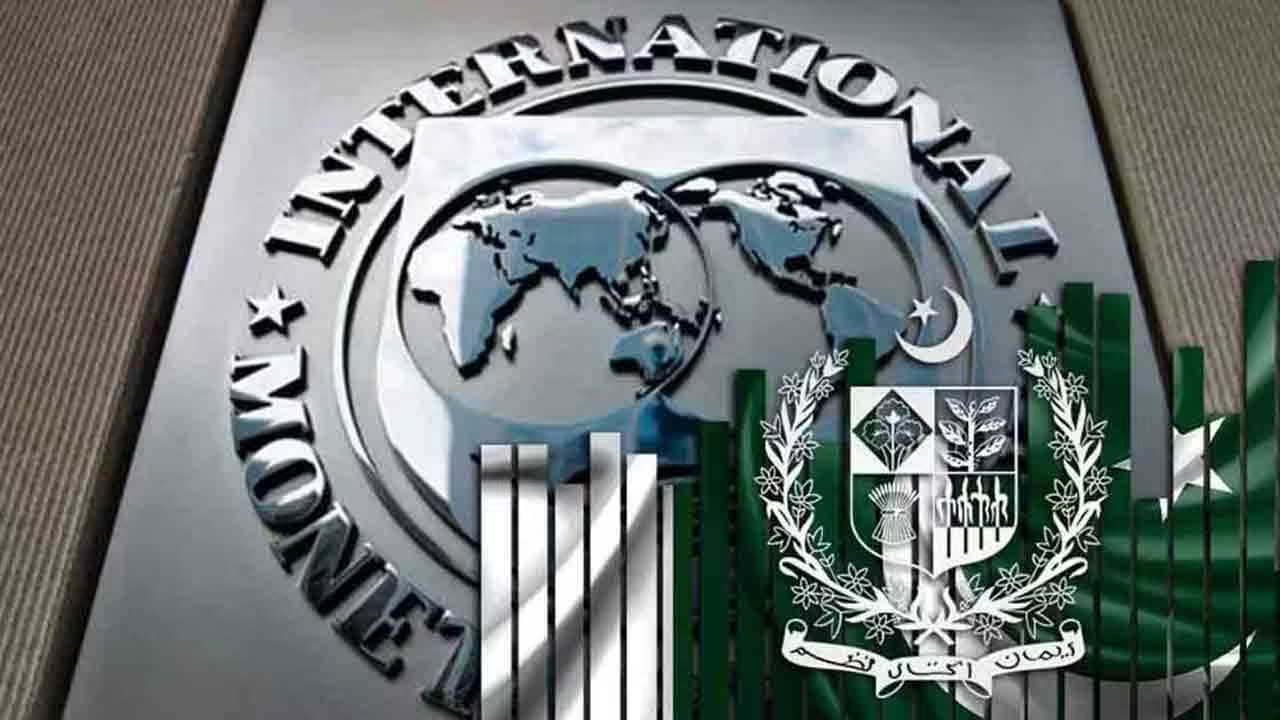In an effort to secure economic stability and fulfill commitments made to the International Monetary Fund (IMF), Pakistan has undertaken a series of ambitious reforms and policy adjustments. Under these agreements, the government aims to address issues such as special economic zones (SEZs), energy sector reforms, and debt servicing challenges. These measures are part of a broader plan designed to meet the IMF’s conditions for economic restructuring while ensuring long-term fiscal stability.
One of the key commitments made by the government is the phasing out of SEZs, with a detailed plan to be developed by June 2025 and full implementation by 2035. This marks a significant shift in Pakistan’s economic landscape, where SEZs have historically played a critical role in promoting industrialization and attracting foreign direct investment (FDI). By gradually eliminating these zones, the government is signaling its intent to streamline economic policies, remove special concessions, and create a more uniform investment climate.
Phasing Out Special Economic Zones by 2035
Special economic zones (SEZs) have long been a cornerstone of Pakistan’s economic strategy, designed to encourage industrial development and provide favorable conditions for businesses to thrive. These zones often offer tax breaks, reduced tariffs, and simplified regulations to attract both local and international investors. However, under the new agreement with the IMF, Pakistan has committed to phasing out SEZs over the next decade.
According to the agreement, the government will draft a comprehensive plan by June 2025 to phase out all existing concessions tied to SEZs. The plan is expected to outline the timeline and mechanism for this transition, ensuring that the process is smooth and does not disrupt ongoing economic activities. By 2035, all SEZs are to be eliminated, which will level the playing field for businesses and industries operating outside these zones.
The decision to phase out SEZs aligns with the IMF’s broader goal of promoting fair and equitable economic practices. The gradual removal of SEZs will prevent industries from relying on special incentives, thus encouraging them to compete on merit and efficiency. This shift is expected to increase overall productivity in the long run, but it also poses challenges for industries currently benefiting from SEZ incentives. The government will need to manage this transition carefully to avoid any negative impacts on job creation or investment inflows.
Gas Tariff Reforms and New Excise Duties
In addition to phasing out SEZs, the government has agreed to reform its gas tariff system by December 2024. The IMF has set strict conditions for these reforms, which will involve adjusting gas prices to reflect the true cost of production and distribution. The move is expected to stabilize the energy sector, improve the financial viability of gas companies, and ensure a more sustainable energy supply for the country.
By introducing these tariff changes, the government aims to address the longstanding issue of energy sector inefficiency. The current gas pricing structure, which is often below market rates, has contributed to the accumulation of circular debt and financial losses in the energy sector. Timely tariff hikes, coupled with targeted subsidies for low-income households, are seen as critical steps in stabilizing the energy market and reducing financial stress on the government.
Moreover, as part of the broader fiscal reform, Pakistan will impose a 5 percent federal excise duty on fertilizers and pesticides in the 2025-26 budget. This new tax is expected to generate additional revenue for the government while also aligning with the IMF’s goal of increasing tax collection. However, it may also raise concerns among farmers and the agricultural sector, which relies heavily on these inputs. The government will need to balance these concerns with its commitment to fiscal discipline and revenue generation.
Anti-Corruption Reforms and Civil Service Transparency
To address corruption and improve transparency, the government plans to amend the Civil Service Act by 2025. The amendments will focus on digitizing the filing process for asset declarations by high-level public officials and providing public access to these records. Additionally, a mechanism will be established for the Federal Board of Revenue (FBR) to verify the assets of public officials, ensuring greater accountability and reducing opportunities for corruption.
The amendments aim to strengthen Pakistan’s anti-corruption framework by making the assets of government officials more transparent and easier to audit. This move is critical for restoring public trust in the government and ensuring that public servants are held accountable for their financial dealings. By implementing a digital filing system, the government hopes to streamline the process, making it more efficient and accessible.
Tackling Circular Debt and Power Sector Reforms
One of the most pressing challenges facing Pakistan’s economy is its mounting circular debt, particularly in the energy sector. Circular debt arises when power distribution companies are unable to collect payments from consumers, leading to a cash shortfall that affects the entire energy supply chain. The IMF has urged Pakistan to address this issue by ensuring net zero revolving credit flows by the fiscal year 2025.
To achieve this, the government plans to implement a combination of tariff hikes, cost-cutting reforms, and targeted subsidies. The objective is to ensure that power companies can recover their costs without relying on government bailouts. By stabilizing the financial health of the energy sector, the government hopes to reduce the burden of circular debt on the national economy.
At the same time, the government is expected to continue providing subsidies to vulnerable populations to protect them from the impact of rising energy costs. These targeted subsidies will be crucial for maintaining social stability while implementing necessary economic reforms.
Debt Servicing Risks and External Financial Support
Despite these reforms, Pakistan’s debt servicing capacity remains a major concern. The IMF report highlighted that the country’s ability to manage its debt hinges on the successful implementation of the agreed-upon policies and timely external financial support. Pakistan’s debt burden has grown significantly in recent years, and without effective fiscal management, the country faces significant risks of default or financial instability.
The government’s economic plan, as outlined under the IMF agreement, is designed to address these risks by promoting fiscal discipline, improving revenue generation, and ensuring the sustainability of public finances. However, the success of this plan will depend on continued support from international lenders and bilateral partners, as well as the government’s ability to implement reforms in a timely and effective manner.
Navigating Economic Reforms for Stability
Pakistan’s agreement with the IMF marks a critical juncture in its economic journey. By committing to reforms such as phasing out SEZs, adjusting gas tariffs, and implementing anti-corruption measures, the government is taking steps to stabilize the economy and secure long-term growth. However, the road ahead is fraught with challenges, particularly in managing public expectations and balancing fiscal discipline with social protection.
The success of these reforms will ultimately depend on the government’s ability to execute them effectively and maintain public support. As Pakistan moves forward, it will need to navigate these economic reforms carefully to ensure that they lead to sustainable growth and financial stability.



